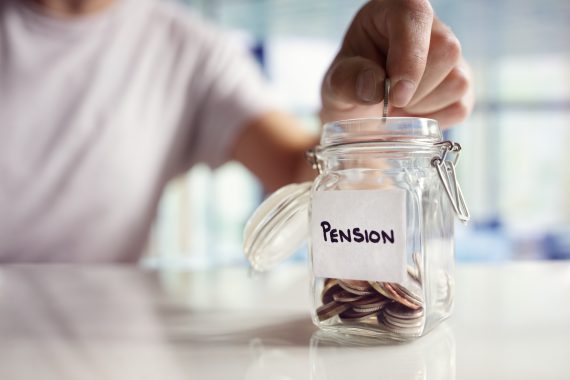Government lifts cap on pension scheme payments towards GP annual tax charges

The Government has lifted a cap on the amount the NHS pension scheme can now pay upfront towards a GP’s annual tax charge.
Previously, the NHS Business Services Authority (BSA) only paid a portion of a GP’s annual tax charge related to pension growth, which would then be clawed back from their pension pot over time.
Under the changes, the pension scheme now pays the annual tax charge in full, with the GP paying the money back through their pension pot in the same way as before.
A GP’s annual tax charge is a tax on the pension growth funds left over after the pension allowance has been deducted from the total pension growth.
This comes after the Government implemented changes to the annual pensions allowance in April 2016, meaning that GPs with a gross income in excess of £150,000 from all sources, including pension growth, have their £40,000 allowance ‘tapered’ down.
However, to mitigate skyrocketing tax bills the Government has now lifted the cap on what the NHS pension scheme can initially pay on behalf of the GP through the ‘scheme pays’ arrangement.
Previously, the scheme would only pay the tax on however much pension growth was left over after deducting £40,000.
For example, a GP earning a total of £180,000 per year, including £50,000 in pension growth, will have their pensions allowance reduced to £25,000.
This is will leave an excess growth of £25,000, on which the GP would have to pay £10,000 as an annual tax charge.
The GP can either pay this themselves or opt for the NHS pension scheme to pay it on their behalf and recoup the funds through their pension pot over time.
Previously, the scheme would have only paid £4,000, leaving the GP to still to pay £6,000.
Now, the pensions scheme will pay all £10,000 and take the funds over time from the GP’s pension.
The BMA’s GP committee pensions lead Dr David Bailey told Pulse that lifting the cap is ‘welcomed’ but added: ‘It’s nothing great because we’ve still got we’ve still got tapering of the annual allowance tax charge but it is better and it does give people who would have this [tax charge] unexpectedly an alternative of paying the bill without necessarily having to dip into savings to do it.’
But Andrew Pow, director at accounting firm Hall Liddy, told Pulse the changes would benefit GPs as ‘NHS pensions are unable to release the calculations of [pension] growth due to the issues of pension records not being updated quickly enough as information has not been provided in a timely manner from PCSE…
‘At least now a GP who thinks they have an issue can protect themselves from an unknown tax bill… [and] As a result they are less likely to fall foul of submitting incorrect tax returns.’
Health secretary Matt Hancock said in a letter to the BMA today that the Government would address ‘the problem experienced by doctors who are subject to tax charges as a result of the tapering annual allowance, as the NHS pension scheme currently does not offer the “scheme pays” facility for this group.
‘I can confirm that we have asked the Business Services Authority that administers the pension scheme to introduce this facility as soon as possible.’
This comes after Pulse revealed that 3,000 GPs claimed their pension early, in part because of pension tax issues.










